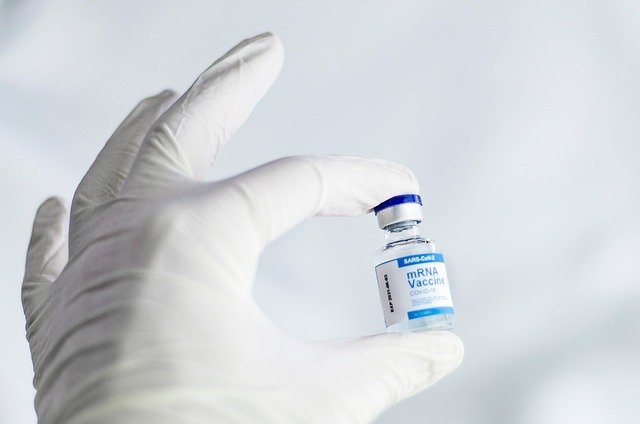Vitamin K2: The Unsung Hero of Bone and Heart Health
Vitamin K2, a lesser-known nutrient in the vitamin K family, has been quietly gaining recognition among researchers and health enthusiasts. Unlike its more famous counterpart, vitamin K1, which is primarily associated with blood clotting, K2 plays a crucial role in bone formation and cardiovascular health. This fat-soluble vitamin, also known as menaquinone, exists in several forms, with MK-4 and MK-7 being the most studied. Despite its importance, many people are unaware of vitamin K2's existence, let alone its potential benefits. As our understanding of nutrition evolves, vitamin K2 is emerging as a key player in maintaining optimal health, particularly as we age.

Biochemical Function and Forms
Vitamin K2 acts as a cofactor for the enzyme gamma-glutamyl carboxylase, which is responsible for activating several proteins in the body. The most notable of these are osteocalcin, involved in bone mineralization, and matrix Gla protein (MGP), which helps prevent calcium from depositing in soft tissues like arteries. K2 exists in several forms, differentiated by the length of their side chains. MK-4, found in animal products, has a short side chain, while MK-7, primarily produced by bacterial fermentation, has a longer side chain and is considered more bioavailable.
Dietary Sources and Absorption
Unlike vitamin K1, which is abundant in leafy green vegetables, K2 is found in smaller quantities in a limited range of foods. The richest sources include natto (fermented soybeans), certain cheeses, egg yolks, and organ meats. The body can also convert some K1 to K2, but this process is not very efficient. Interestingly, the gut microbiome can produce small amounts of K2, though the extent to which this contributes to overall K2 status is still being studied. Absorption of K2 is enhanced when consumed with dietary fats, as it is a fat-soluble vitamin.
Role in Bone Health
One of the most well-established benefits of vitamin K2 is its role in bone health. By activating osteocalcin, K2 ensures that calcium is properly deposited in bone tissue. This process is crucial for maintaining bone density and reducing the risk of osteoporosis and fractures. Several studies have shown that K2 supplementation can increase bone mineral density and reduce fracture risk, particularly in postmenopausal women. The synergistic relationship between K2 and vitamin D3 in bone metabolism has also garnered attention, with research suggesting that combining these nutrients may be more effective than using either alone.
Cardiovascular Benefits
Perhaps even more intriguing is vitamin K2’s potential role in cardiovascular health. By activating MGP, K2 helps prevent calcium from accumulating in blood vessels, a process known as arterial calcification. This calcification is a significant risk factor for heart disease and stroke. Observational studies have found associations between higher K2 intake and reduced risk of cardiovascular events. Additionally, some research suggests that K2 may improve arterial flexibility and reduce the risk of hypertension. These findings have led some researchers to propose that K2 deficiency might be an overlooked factor in the development of cardiovascular disease.
Emerging Research and Potential Applications
As interest in vitamin K2 grows, researchers are exploring its potential benefits in other areas of health. Preliminary studies have suggested possible roles for K2 in brain health, insulin sensitivity, and even cancer prevention. While these areas require further research, they highlight the growing recognition of K2’s importance in overall health. Some researchers are also investigating the potential of high-dose K2 supplementation as a therapeutic intervention for conditions like osteoporosis and arterial calcification.
Supplementation and Safety Considerations
Given the limited dietary sources of K2 and its potential benefits, supplementation has become increasingly popular. However, determining optimal dosage and form (MK-4 vs. MK-7) remains a subject of debate. While K2 is generally considered safe, even at high doses, it can interact with certain medications, particularly blood thinners like warfarin. As with any supplement, it’s important for individuals to consult with healthcare providers before starting K2 supplementation, especially if they have underlying health conditions or are taking medications.




